Joe Kennedy during Prohibition
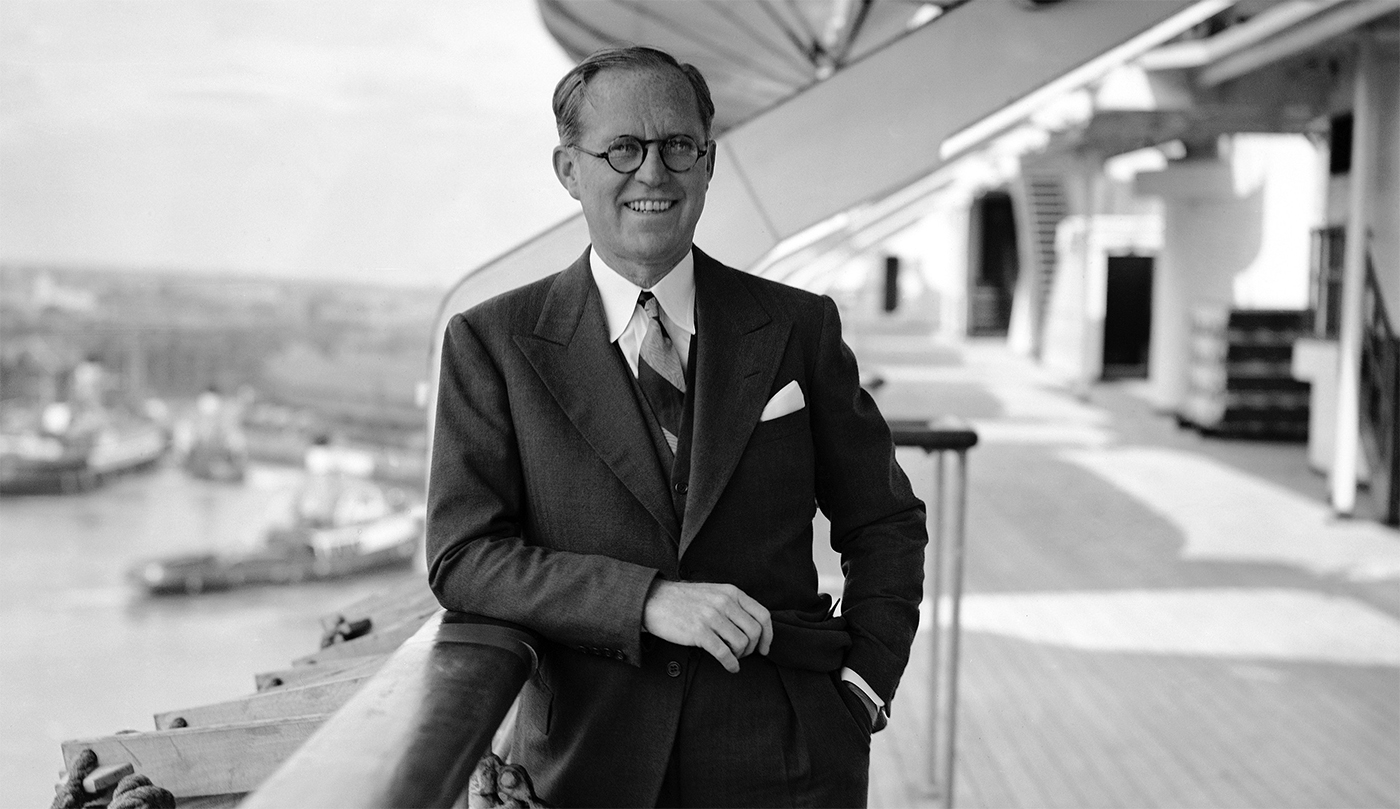
Between 2010 and 2014, HBO aired the fantastic drama series Boardwalk Empire. Enoch ‘Nucky’ Thompson (portrayed by top actor Steve Buscemi) is a corrupt politician who holds the reins in Atlantic City. The seaside resort in New Jersey is a tourist attraction, but during Prohibition, from 1920 to 1933, it becomes the epicenter of corruption, gambling, and prostitution. Much money is made from the illegal trade in alcohol, and well-known top criminals find their way to Thompson; in the five seasons, we see figures like Al Capone, Lucky Luciano, Arnold Rothstein, and Meyer Lansky frequently appearing.
In 1931, in the series, Thompson meets a businessman from Boston who has been living in New York for a few years: Joe Kennedy. It’s interesting, the details in such a historical story: they endure loud construction work from the Rockefeller Center during their first conversation (it’s indeed a golden period for construction companies: the Empire State Building and the Chrysler Building are also soaring into the sky, then the two tallest buildings in the world). Thompson talks about the exclusive selling rights he has acquired to import Bacardi rum from Cuba once Prohibition ends, and everyone feels that moment approaching. Kennedy nods knowingly. He talks about his own deal with the British: Kennedy has the rights to import Scottish whiskey and other liqueurs to the thirsty United States. A firm handshake follows, and the two will meet again. They dine together in an Italian restaurant and discuss Kennedy’s large family (“The ninth is on the way. Stock prices and dynasties have that in common. More is safer.”) and the accumulation of wealth. Kennedy says, “If you play it right, you can be wealthy in this country within one generation. Gambling means risk. I eliminate the risk. By cheating. That’s what the stock market is perfect for.” That evening, they go to a stylish strip club, and Kennedy wants to get to know the woman on stage better afterward. “I’ll bring her a saucer of milk.”
The series is incredibly intriguing: based on facts but highly dramatized, you constantly wonder how close to the truth the creators are with their storylines. Boasting about pushing boundaries on the stock market, enjoying scantily clad ladies – it could all very well be true.
Joe Kennedy during Prohibition
The creators allude to one of the great myths in the Kennedy family’s life. To what extent did the patriarch break the laws during Prohibition? Did he really multiply his fortune through the illegal alcohol trade? Did he associate with criminals, as so many sources claim? The answer to this is interesting: the new generation of Kennedys will, in the 1950s and 1960s, at various times, come into contact with the underworld. Did the foundation of this spicy connection lay in the years of Prohibition?
Prohibition: a golden era for organized crime
On January 16, 1920, the eighteenth amendment to the U.S. Constitution comes into effect. From then on, in 46 of the 48 states at the time, the production, transport, and sale of alcohol are prohibited – drinking itself is not. With the onset of Prohibition, the alcohol trade moves into the illegal circuit, giving rise to a gigantic criminal empire. An era in which illegal drinking is rampant, thanks to home-brewed concoctions or underworld-traded alcohol. Money can be made from alcohol: the quality of a glass of whiskey, for example, is four times worse than before, but the price rises from 15 cents to 75 cents in a short time. Bootleggers buy bottles of liquor at sea for four dollars, dilute the alcohol with water, and then sell four bottles for forty dollars each. The criminals become heroes of the streets as suppliers of the forbidden goods. Prohibition is a golden era for organized crime – we visited a brand new and very entertaining museum about it in 2017 in Savannah, Georgia. Another development is equally worrisome: even honest businessmen increasingly get involved in activities that cannot withstand the light of day.
In those years, Joe Kennedy earns his money in various ways. He is active in banking, speculates on the stock market, invests in Hollywood and owns shares in a horse racing track where heavy betting takes place. He also makes a lot of money in the legal alcohol industry. Well-documented is the following adventure, towards the end of Prohibition. In September 1933, with James Roosevelt, eldest son of the president, Joe Kennedy travels to England. The two differ in age by twenty years but have a good relationship; Kennedy also knows that he makes a good impression with the president’s son on his business partners. On the other side of the Atlantic, the Americans meet Winston Churchill and representatives of The Distillers Company, and lucrative deals emerge. When he returns, Kennedy’s company, Somerset Importers, has become the exclusive exporter of three British liqueurs: Dewar’s, Haig & Haig, and Gordon’s Gin. For all the ins and outs: in 2014, Thomas Maier wrote an impressive book about it, “When Lions Roar: The Churchills and the Kennedys.” The boats are ready in November just outside American territory, on the so-called Rum Row, 12 miles off the coast. They are waiting for the end of Prohibition, beginning in December. Kennedy has large warehouses available, and the network of retailers is more than ready for distribution.
For now, these are purely legal actions. Kennedy is clever; he balances on the edge of what is permissible and sometimes knows how to make optimal use of the loopholes in the law. He imports and produces during Prohibition and sells from existing stocks from before that time: Joe arranges permits for so-called medicinal and religious purposes. The bureau that issues the liquor permits is both incompetent and corrupt. Joe Kennedy knows the right connections, and because people are willing to pay much more than before 1920, he can make huge profits.
Bootlegger Joe Kennedy
In the 1950s, as son John F. Kennedy becomes increasingly influential in national politics, the media begins to dig into the past. At that time, the widely accepted story of Joseph P. Kennedy, bootlegger, emerges. How honest is that claim? That he invested in less legal businesses is claimed by various sources. The least reliable group consists of a selection of top criminals from the 1920s and 1930s; in the last years of their lives, they are candid and independently declare Kennedy’s role during Prohibition. Frank Costello claims that he collaborated with him: liquor had to be brought ashore from the ships on Rum Row, just outside the maritime border. A dangerous venture: there are daily violent crimes such as murder and hijackings. Costello is candid with New York investigative journalist Peter Maas and plans to tell much more, but he dies ten days after their first meeting. Joseph Bonanno writes in his memoirs that he knew about the connection between Kennedy and the underworld. “I used to go to Sag Harbor, on Long Island, in the summer. I knew it was Kennedy’s people delivering whiskey in this bay.” Meyer Lansky is a gangster who confesses before his death that he did indeed engage in the violent hijacking of shiploads. According to a biography from 1979, Kennedy would not have liked Lansky because he held him responsible for the theft of a huge load of liquor that belonged to him. Eleven victims were said to be involved, and according to Lansky, the widows turned to Kennedy for financial compensation. Mafia boss Abner ‘Longie’ Zwillman confirms that story in a 1985 biography; initially, Kennedy thought this criminal was also involved in the violent hijacking. Owney Madden, finally, an English criminal with many nightclubs in New York, including the legendary Cotton Club, states that he served alcohol during Prohibition, directly sourced from Joe Kennedy.
Most plausible: others organize the smuggling operation, Kennedy finances it. That’s what T.J. English suspects; he writes about it in his book “Paddy-Whacked: Untold Story of the Irish Gangster”. Kennedy provides ships that sail from Europe to Rum Row; from there, others are responsible for smuggling the prohibited goods ashore. Renowned author Seymour M. Hersch also writes extensively about the dealings Kennedy had with the underworld in his bestseller “The Dark Side of Camelot”. According to Hersch, the big money only flowed into the family when there could be earned from Prohibition. “Kennedy was one of the first to establish a dominant position in this business. He cleverly used the knowledge he possessed because his family had been active in the liquor industry for generations. He was miles ahead of the competition.” With John R. Hughes and Thomas Jobe, Antoinette Giancana, daughter of mafia boss Sam Giancana, writes in 2005 the book “JFK and Sam: the connection between the Giancana and Kennedy Assassinations”. They come up with the following story: “Joseph P. Kennedy was definitely deeply involved in liquor smuggling. It almost cost him his life. The Jewish mafia in Detroit, the Purple Gang, found out that Joe was trading rum within their territory without their permission. There was a death threat. Joe then came to Chicago and begged mafia boss Diamond Joe Esposito to intervene. Esposito complied with the request and mediated; Kennedy was then, of course, indebted to him, and that had consequences, even into the 1960s.”
Solid facts about this are lacking in the files of government organizations such as the FBI. This is despite officials from the Department of Justice, the CIA, and the FBI confirming that they were well aware. Cartha DeLoach, deputy director of the FBI, declares at one point, among other things, that there were underworld figures who knew Kennedy and respected him. Former employees of Kennedy and lawyers for criminals have also made such statements. What is remarkable: you can find other interesting documents in the archives. Take just the information about two men with a criminal background who, at one point, work full-time for Somerset Importers, Kennedy’s company. One of them is shot in 1946, and six months later, Kennedy sells his company for the then-astronomical amount of eight million dollars. The new owners: Joseph Reinfeld and the aforementioned mafia boss Longie Zwillman, two major liquor smugglers. The sale in July 1946 may possibly be related to the intentions of his son John, who runs for the House of Representatives that year. According to some, Joe wanted to get rid of businesses that could hinder his son’s political career in time.
Doris Kearns gains access to private documents that other authors can only dream of when she writes “The Fitzgeralds and the Kennedys: An American Saga” in 1991. Even she finds no hard evidence for all the mentioned legal violations. “Yes, Kennedy knew extremely well where the underground rivers of illegal liquor ran during Prohibition, but if he was really involved on that scale, he damn well kept it hidden.” Biographer David Nasaw writes in his book “The Patriarch”: “There is simply no evidence, but it also goes against everything we know about Joe Kennedy. As an Irish Catholic outsider, he worked hard to be accepted everywhere and to get recognition, so he took financial risks. But those are not related to liquor smuggling.”
Several investigative journalists mention a reunion held in 1922: the tenth annual gathering of Harvard alumni. Joe Kennedy supplied the alcohol. Perhaps he uses the stock of his father, who naturally has a background in the liquor industry. Consuming that stock is not prohibited. However, he invoices what is consumed and then sells the remnants to a friend. He is twice in violation. Disobedient, but try and find Americans who have faithfully followed the eighteenth amendment for thirteen years. Or does this example show that there is indeed some friction and discomfort when it comes to Kennedy’s morality?
Did Kennedy make money with heavy criminals from the illegal liquor trade? The complete truth will never come to light; what remains is eternal fuss about Joe Kennedy during Prohibition.
And to think that old Kennedy himself hardly drank a drop during his lifetime.
Links
More on prohibition here
More on Joe Kennedy Sr. here
More on mafia votes in Chicago here

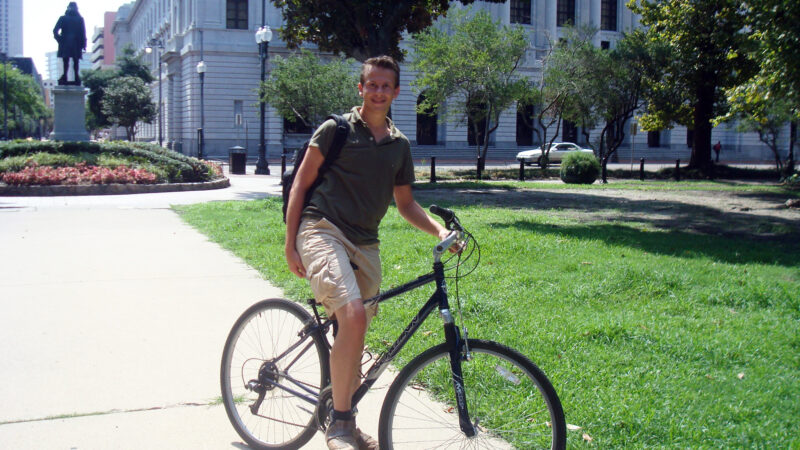
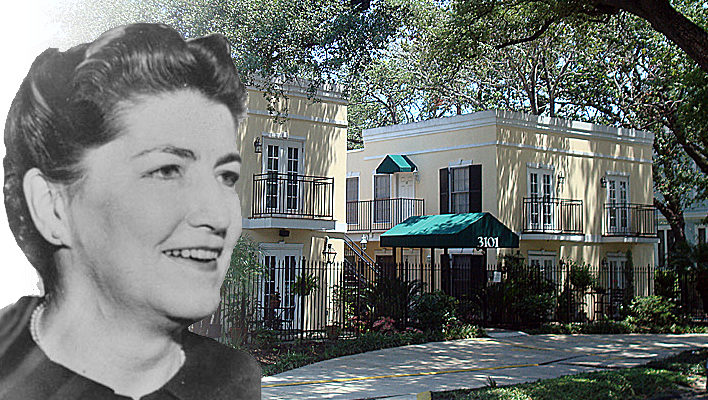
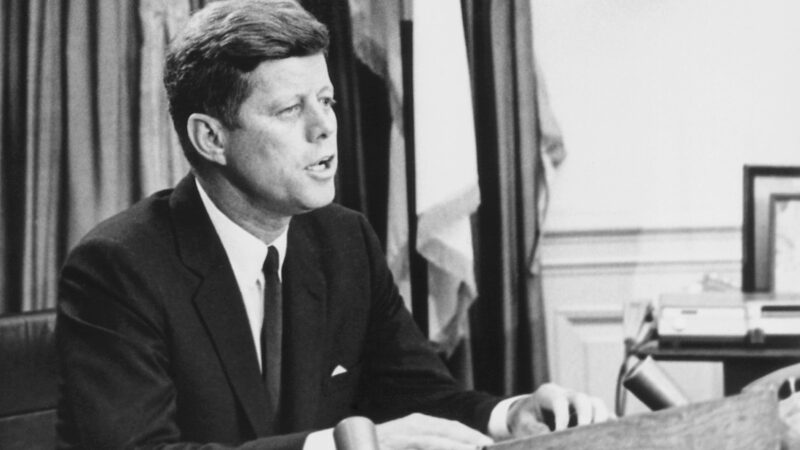
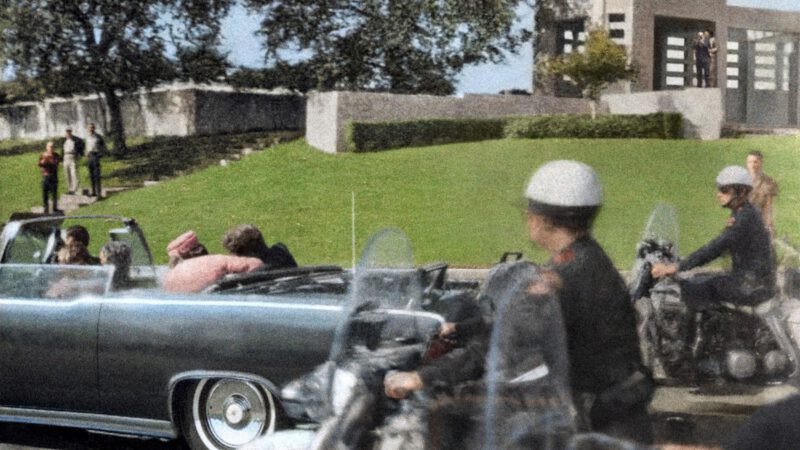
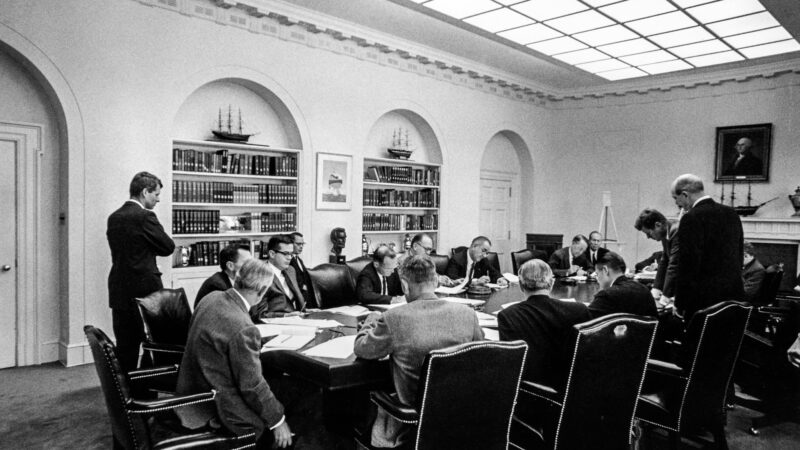
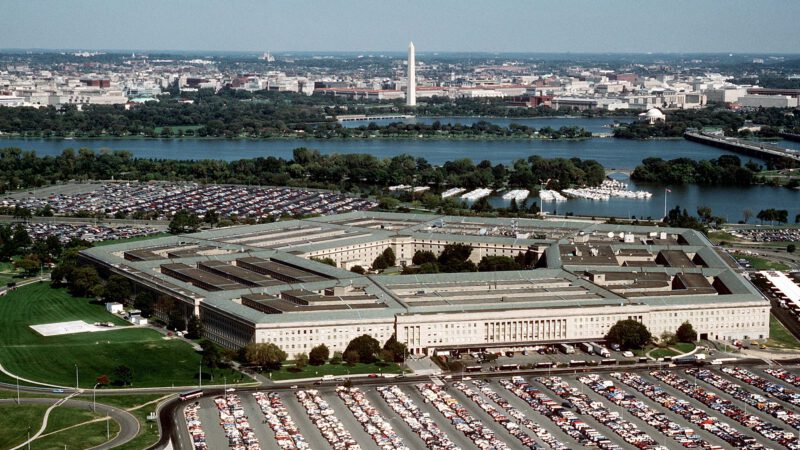
One thought on “Joe Kennedy during Prohibition”